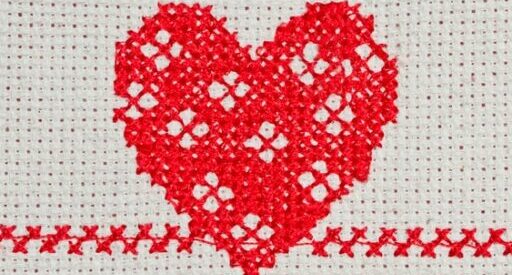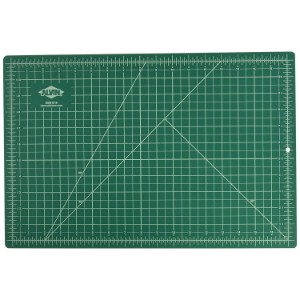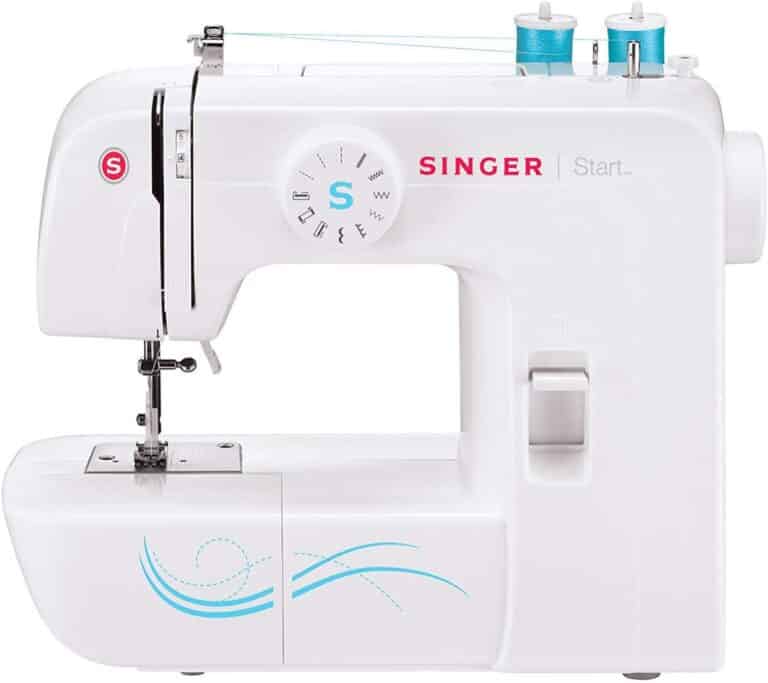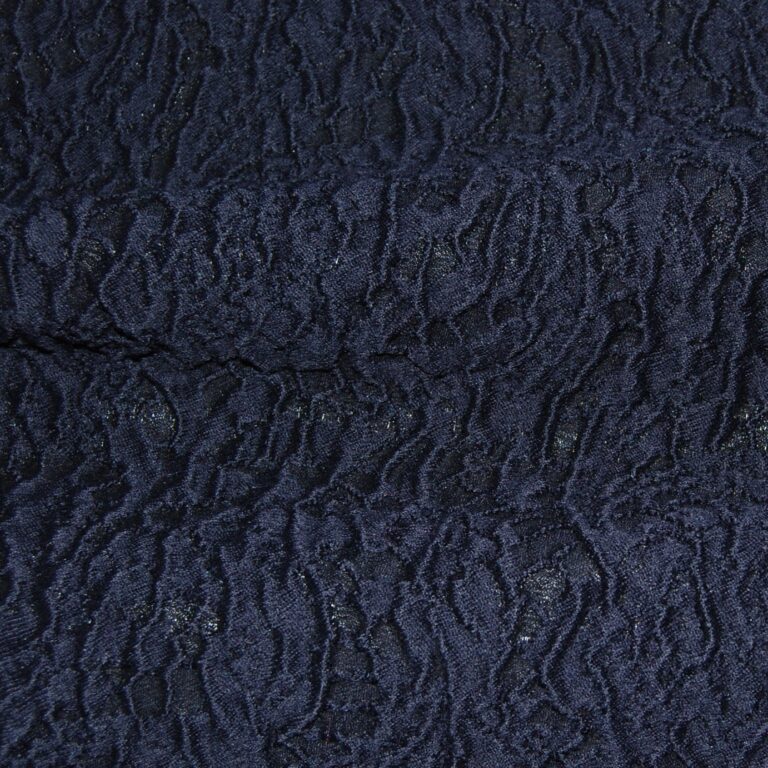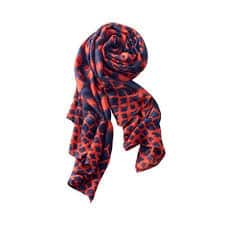Crepe Back Satin: History, Properties, Uses, Care, Where to Buy
Table of Contents
Introduction to Crepe back satin
Crepe Back Satin: this fabric contains a blend of two slightly different fabrics. If you have never heard of this fabric, this combination may seem a little eerie to you. But grab a packet of chips and munch on those, while in the next section, we explain why this is the fabric you should choose.
Women spend a lifetime flipping through magazine pages, dreaming about the perfect wedding dress, and going into bridal dress shops just to see what will complement their style the best. We know how major choosing the right fabric that will make you glow on your special day is. So, before you experiment with different textiles and fabrics, we already have a suggestion for you.
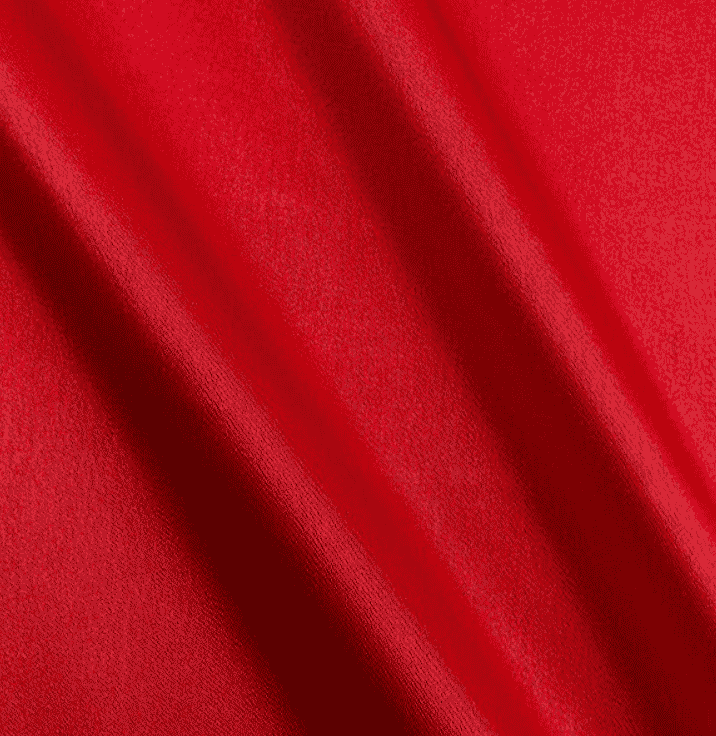
History of Crepe back satin
When the blend of these two fabrics was invented, the exact date of the blend is quite difficult to narrow down, so let us view them individually.
Satin made its entry into the textile world around the 13th century, when Europe excelled at its manufacturing. Around the 14th century, the Chinese fell in love with it and began its export to countries like England, which succumbed to its charm and elegance. Then, decades later, the crepe fabric came into the picture. A need for a rugged and pebbly fabric came into existence, and fashion experts were looking for something lustrous but stiff. The epitome of it was the crepe fabric.
Somewhere later down this road, some wise man thought that both fabrics’ best should be combined. Hence a reversible fabric was manufactured, which had a glossy satin fabric on one side and a rugged textured crepe.
Properties of Crepe back satin
Since this fabric is a blend of two remarkable fabrics, its qualities and features are highly diverse. The most common properties of this fabric are:
Smooth and Soft
This fabric has a soft feel and a smooth surface.
Excellent Drape
This fabric has a beautiful drape that makes the fabric flow like water waves.
Lustrous and Luxurious
The look of this fabric is priceless as it has a shiny front and an elegant outlook.
Pebbly at one side
One side of this fabric is rigged, that is, of the crepe fabric.
Durable
The fibers of this fabric have immense strength.
Common Uses for Crepe back satin
This fabric is made from silk, so these two fabrics have many common uses in a loop. But apart from those, the prominent uses of Crepe Backed Satin are:
Dresses and Eveningwear
This fabric is a popular choice for designing wedding dresses, eveningwear, fancy ball gowns, occasional dresses, and festive clothes. It has grace and elegance that is best displayed in clothes made for special occasions.
Lingerie
This fabric is soft and comfortable, two qualities that are found in high-quality lingerie. This fabric is shimmery and has a gorgeous drape, and therefore is best suited to tailoring undergarments.
You might also be interested in
Footwear
Now, this may seem a little unconventional, but a lot of top-notch shoes ranging from designer heels to ballet slippers are made from this fabric.
Bedsheets and Upholstery
The weave of this fabric is soft and flexible, so it is used as a textile to manufacture padded textile.
Fashion Accessories
Many premium and trendy clutches, bags, and scarves are made with this beautiful fabric.
Caring for crepe back satin
When it comes to caring for this versatile fabric, you have to be super cautious. Wash it either by hand or in the delicate machine cycle but only use cold water and gentle detergent.
Try to air dry crepe back satin or wring it dry, as this fabric can easily lose shape. Do not put it in the dryer; rather, lay it flat to dry on a clean towel.
Sources
Masterclass
Catwalk Yourself
